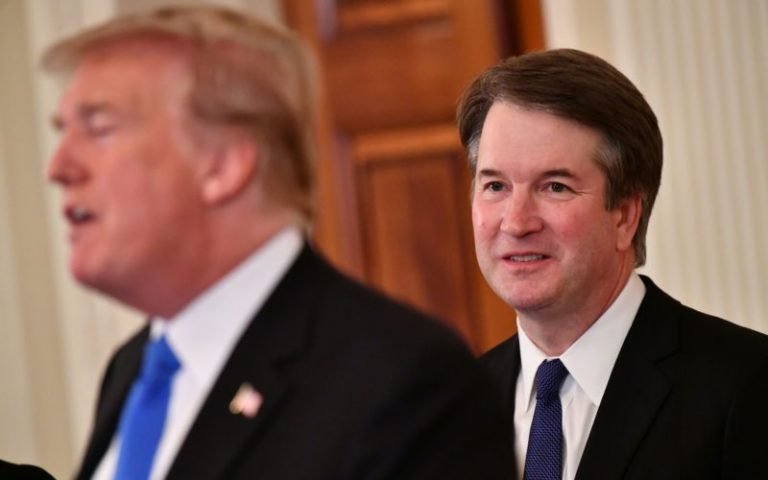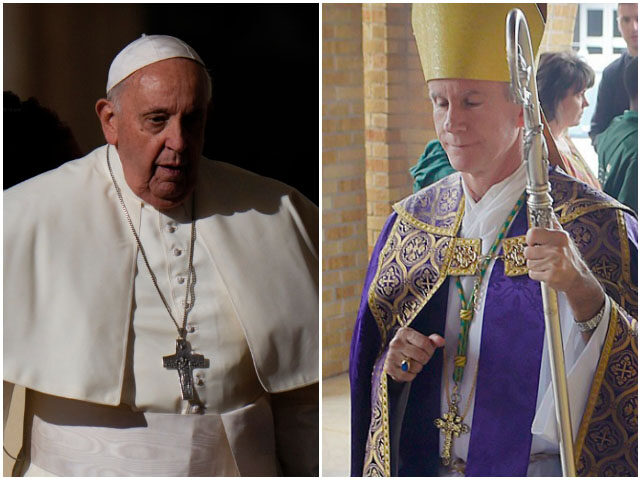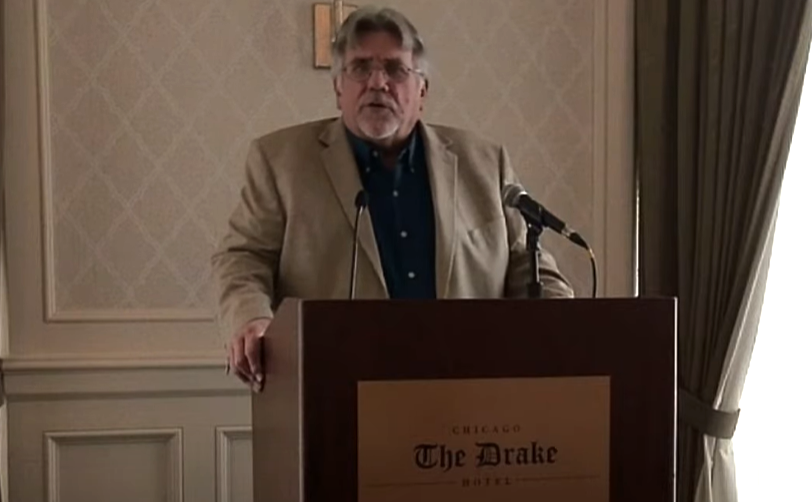There is a palpable sense of disappointment among conservative Christians, but are they right to be downbeat?
On Monday, President Donald Trump nominated Judge Brett Kavanaugh to the US Supreme Court. He will fill the seat vacated by Justice Anthony Kennedy, for whom Kavanaugh once served as a clerk.
“The motto of my Jesuit high school was, ‘Men for others’,” Kavanaugh said during his acceptance speech. “I’ve tried to live that creed.” In the drama surrounding this nomination, mention of the Jesuits seems loaded with meaning.
Kavanaugh’s principal rival for the appointment was Amy Coney Barrett. The devout Catholic and mother of seven entered the public eye last September during her confirmation hearing for the 7th Circuit Court. “When you read your speeches, the conclusion one draws is that the dogma lives loudly within you,” Senator Diane Feinstein told her. “And that’s of concern when you come to big issues that large numbers of people have fought for years in this country.”
“The dogma lives loudly within you” became a sort of battle cry for religious conservatives. She became a folk hero among Catholics, who (with good reason) fear the political establishment is becoming increasingly intolerant of orthodox believers.
Kavanaugh, though undoubtedly conservative, was also seen as more moderate and establishment-friendly. The sense of disappointment among conservative Christians is palpable. So, was Kavanaugh attempting to console Barrett’s supporters by signalling his Catholic upbringing? Or did he name-drop the progressive Society of Jesus to reassure his audience that he wasn’t a “dogmatist” like her?
His record on religious liberty is mixed. For instance, in Priests for Life v Department of Health and Human Services, which weighed in on the Obamacare contraception mandate, he wrote in his opinion: “Judicially second-guessing the correctness or reasonableness (as opposed to the sincerity) of plaintiffs’ religious beliefs is exactly what the Supreme Court in Hobby Lobby told us not to do.” However, he also conceded that the government has a “compelling interest” in “facilitating access to contraceptives” for employees.
Conversely, he dismissed another Obamacare mandate requiring coverage of maternal health. “I don’t need maternity care,” he scoffed. Kavanaugh is slightly stronger on abortion. In Garza v Hargan, he dissented from the majority’s ruling that illegal immigrant minors have a right to abortion on demand. It’s “ultimately based on a constitutional principle as novel as it is wrong”, he wrote. Yet he predicated that opinion on “the many majority opinions of the Supreme Court that have repeatedly upheld reasonable regulations that do not impose an undue burden on the abortion right recognised by the Supreme Court in Roe v Wade.”
Of course, federal judges must strive to work within the precedent set by Supreme Court rulings. But, given that Trump promised to appoint judges who would strike down Roe, Kavanaugh’s citation of the case as precedent is unnerving.
In fairness to the President, two moderate Republican senators – Susan Collins and Lisa Murkowski – implicitly threatened to cross the aisle and vote against a nominee who would overturn Roe. If one more Republican jumped ship, Trump would not have the votes to confirm his nominee.
Kavanaugh – a conservative, but not a culture warrior – may have been Trump’s way of compromising with the left-wing of his party. They weren’t going to get a pro-abortion nominee, but they might settle for a wonk over an ideologue.
Many Catholics will no doubt be disappointed, but Barrett and Kavanaugh were both fairly solid options. We might have been spoiled for choice.
Michael Davis is the Catholic Herald’s US editor







